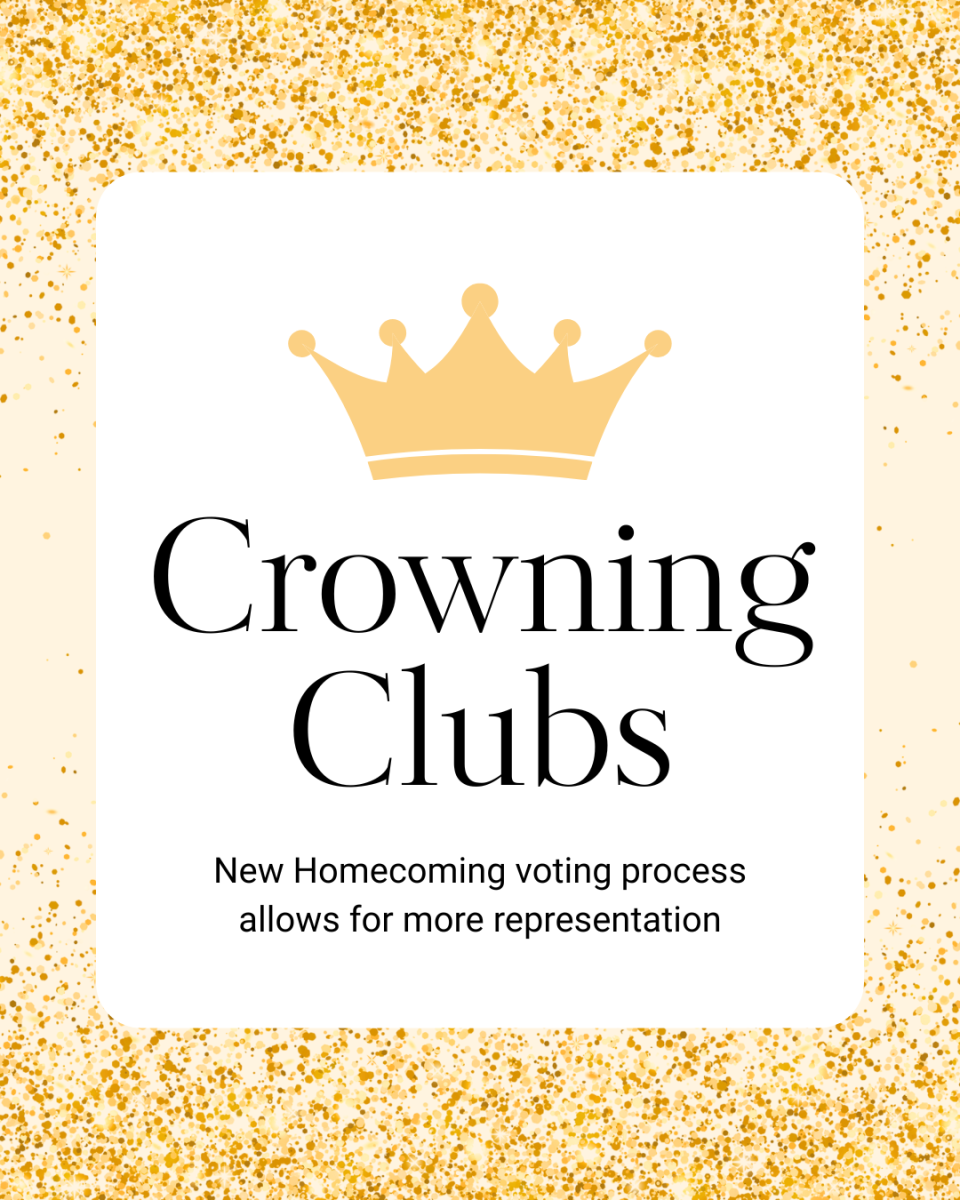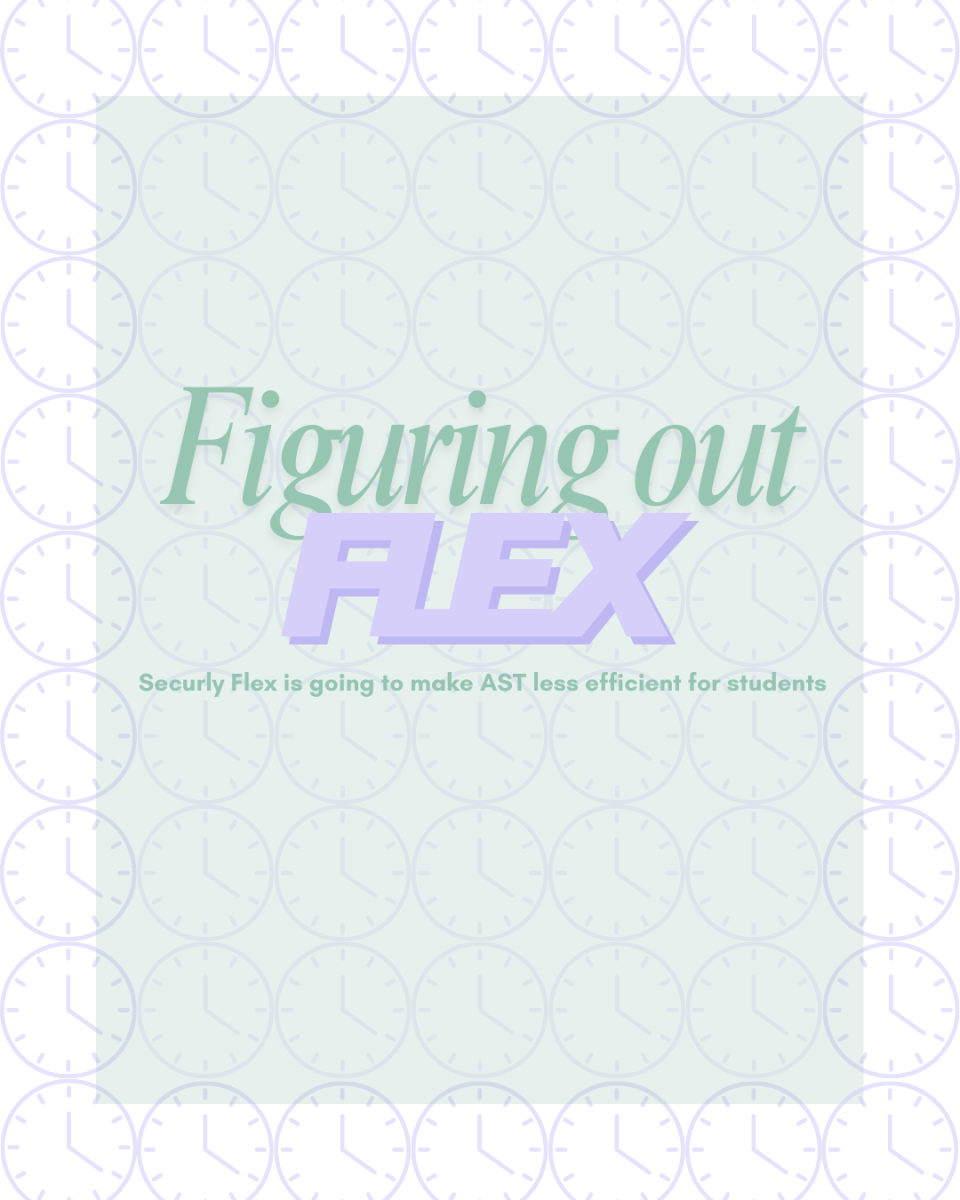Society is constantly evolving and relying more heavily on the utilization of social media. This being said, logically the district would provide its students with access to these resources since their careers will most likely depend on social media. However, in Blue Valley, the district only provides that option to a select few students.
These select few are those who participate in the CAPS program. They need this access to social media to get in contact with other professionals.
While their program is career-oriented, so are some of the classes offered here.
Broadcast technology teacher Steve Cortez has been teaching for 21 years. He has been told the material his classes produce are to a college-level caliber. If that’s the case, it makes no sense why the district has differentiated this “professionalism” between what the journalism department produces and what CAPS students produce.
“CAPS has a professional environment, but I believe dress does not make something more professional,” Cortez said. “CAPS are no more professional than my students are.”
Broadcast would benefit from being able to access YouTube to see certain broadcast aspects at work. It often times affects their actual stories and is frustrating to have to cheat the way through the system to see a movie clip for a review. Our newspaper staff would benefit from accessing other blocked newspaper websites, as well as Twitter to promote our stories. However, access to Twitter requires a teacher to log on and grant us permission.
As young adults, we should not have to have a teacher grant us the right to use valuable resources.
Also, part of the journalism curriculum is teaching students how to properly use social media. That is slightly difficult to do when those materials are inaccessible.
The main concern the district expresses is privacy.
“We have no control or no way to filter the inappropriate material that might be on the social media,” educational technology director Kristy Sailors said.
The district does not have access to what students are viewing in the CAPS building either.
In which case, we too should be given a chance to prove how we would properly use this material.
Though the focus has been on the benefits of the journalism department, allowing these websites would also benefit the general student population as well. If nothing else they could simply be taught how to use the actual privacy settings on social media websites.
If you agree that social media would be beneficial if allowed at high schools and want to help put together a presentation in front of District Office that include your reasons, please contact us at [email protected]








